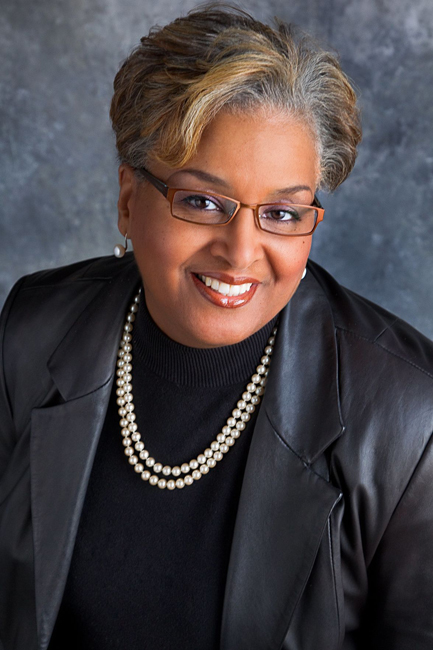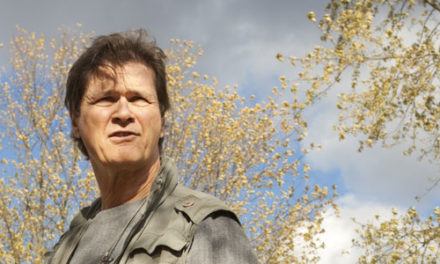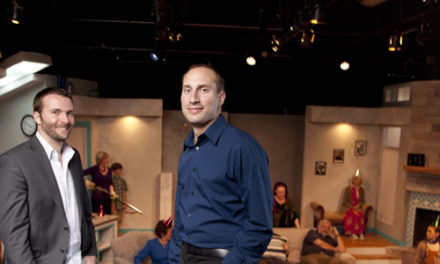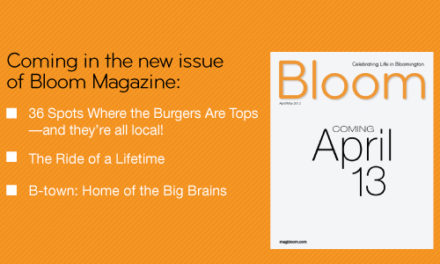
by CARMEN SIERING
Beverly Calender-Anderson is effusive when discussing the election of Vice President Kamala Harris. “Not only is she smart and totally qualified to be vice president and president, but she wears Chucks,” Calender-Anderson says of Harris’ penchant for wearing Converse sneakers.
More importantly, Calender-Anderson sees Harris’ election as a uniting force for the country. “All of her identities are being recognized—as a woman of color, a woman of Asian descent,” she says. “We’re all made up of many identities, so as she honors her Asian side and her HBCU [historically Black colleges and universities] side, it just normalizes who we are as Americans.”
While many people have pointed out how important Harris’ election is for young people of color, Calender-Anderson sees it as greater than that. “It’s not only important for young Black and Latino and Asian children to see people who look like them in positions of power, it’s also important for young white kids to see Black and Latino and Asian people in those positions,” she points out.
Calender-Anderson, 66, moved to Bloomington in 1997 with her husband, the Rev. Michael Anderson, who died in 2002. She started working for the City in 2005 as the Safe and Civil City director in the Bloomington Community and Family Resources Department. She’s served as the department’s director for the past five years. She says her goal, in her work and her life, is to unite people.
“The thing that brings me joy is watching people come together who may have diverse missions, but they all have some commonality,” Calender-Anderson says. “Getting people to the table to talk about how they can work together—I always try to do that.”
In 1998, that goal led Calender-Anderson to become one of the founders of Bloomington United, an anti-hate, pro-unity group. She also works, formally and informally, to promote greater understanding among people of different faiths, races, and cultures.
“I don’t understand prejudice,” she says. “I don’t know how someone can look at a person and, because of the color of their skin or the shape of their eyes or their accent, dehumanize them. I’ve tried to get into that mindset and I can’t. I guess that’s why I’ve spent so much of my career doing what I do, because it doesn’t make sense to me.”










